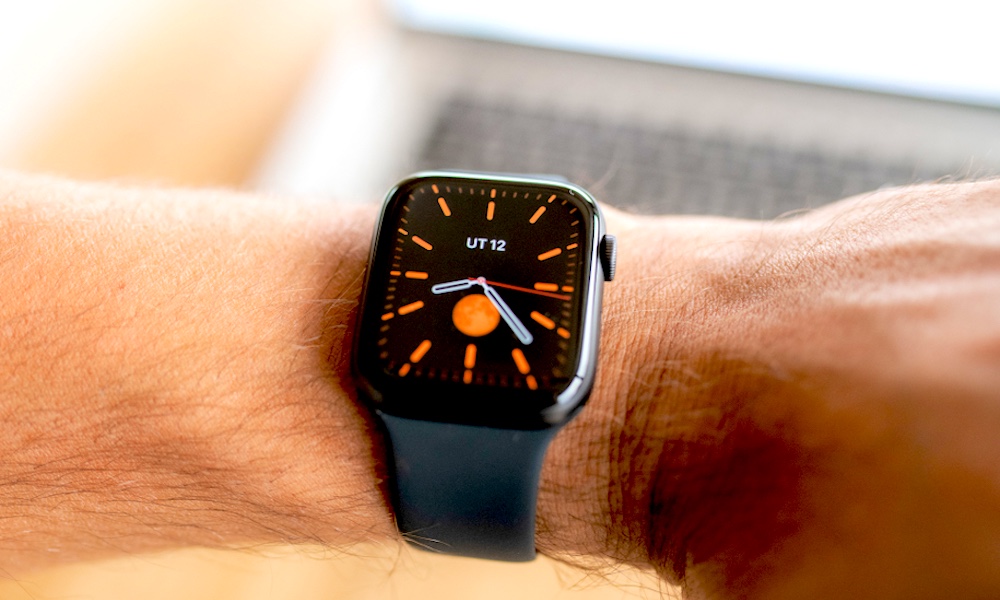Can the Apple Watch Detect Early Symptoms of Alzheimer’s Disease? This New Study Aims to Find Out
 Credit: Halfpoint / Shutterstock
Credit: Halfpoint / Shutterstock
Toggle Dark Mode
Ever since its introduction back in 2014, the Apple Watch has been used for all sorts of different health and fitness applications, from simply alerting users to potentially life-threatening health conditions to serving as the basis for numerous research studies on how it can be used to better people’s lives.
The health and safety features for users are obvious, and we’ve reported on myriad stories over the years of the Apple Watch alerting users to medical dangers including kidney failure, erupted ulcers, serious heart conditions, blood clots, and rare heart conditions you may have never even heard of, thanks to the ECG and irregular heart rhythm monitoring features.
Then there are the safety benefits, such as Fall Detection, Emergency SOS, and cellular capabilities, which have helped people be rescued from car crashes, dangerous falls from cliffs, and even simply being stranded on the water, and it can call the paramedics for you after an accident even if you’re unconscious.
Now a new study is aiming to find out if the Apple Watch can help people to more proactively monitor their mental health to see if they may be at risk of a decline in cognitive performance that would lead to early-onset Alzheimer’s and other forms of dementia.
Digital Biomarkers
The study is being conducted by Biogen in collaboration with Apple, and aims to investigate the role that the Apple Watch and the iPhone could play in monitoring cognitive performance.
While a previous study was announced in 2019 with the same goal of detecting the early signs of dementia using the Apple Watch and iPhone, that one focused on looking for changes in behavioural patterns that could identify mild cognitive impairments, such as sleep and exercise and even typing speed and texting frequency.
The Biogen study, on the other hand, is hoping to find a more direct biological link pointing to cognitive decline. It’s a much more ambitious project that is expected to run for a few years before they can pull in any definitive results, but what they’re looking for is “digital biomarkers” that are unique to those individuals who are experiencing various stages of dementia and are not present in otherwise healthy individuals.
As a result, Biogen expects to include a relatively large group of participants across the entire spectrums of age and cognitive abilities, from young adults to the elderly, so that it can use its advanced knowledge of neuroscience to develop a pattern of these digital biomarkers in the hope that they could someday be used to identify early signs of mild cognitive impairment (MCI), which impacts almost one-fifth of adults over the age of 65, and is often the first stage of more serious conditions such as Alzheimer’s.
Cognitive decline can be an early symptom of neurodegenerative diseases and dementia. The successful development of digital biomarkers in brain health would help address the significant need to accelerate patient diagnoses and empower physicians and individuals to take timely action.
Michel Vounatsos, CEO, Biogen.
The biggest challenge facing health care professionals right now is that it can take a long time to identify the symptoms of declining cognitive health, which often initially present themselves as distractibility and mild memory loss. The ability to diagnose patients at an earlier stage could go a long way to preventing, or at least slowing down the onset of dementia through lifestyle and therapeutic changes.
The research study is expected to launch later this year, and as with all Apple ResearchKit projects, will emphasize privacy, control, transparency, and data security for participants, who will need to complete a detailed consent form and can also choose to opt-out at any time.






